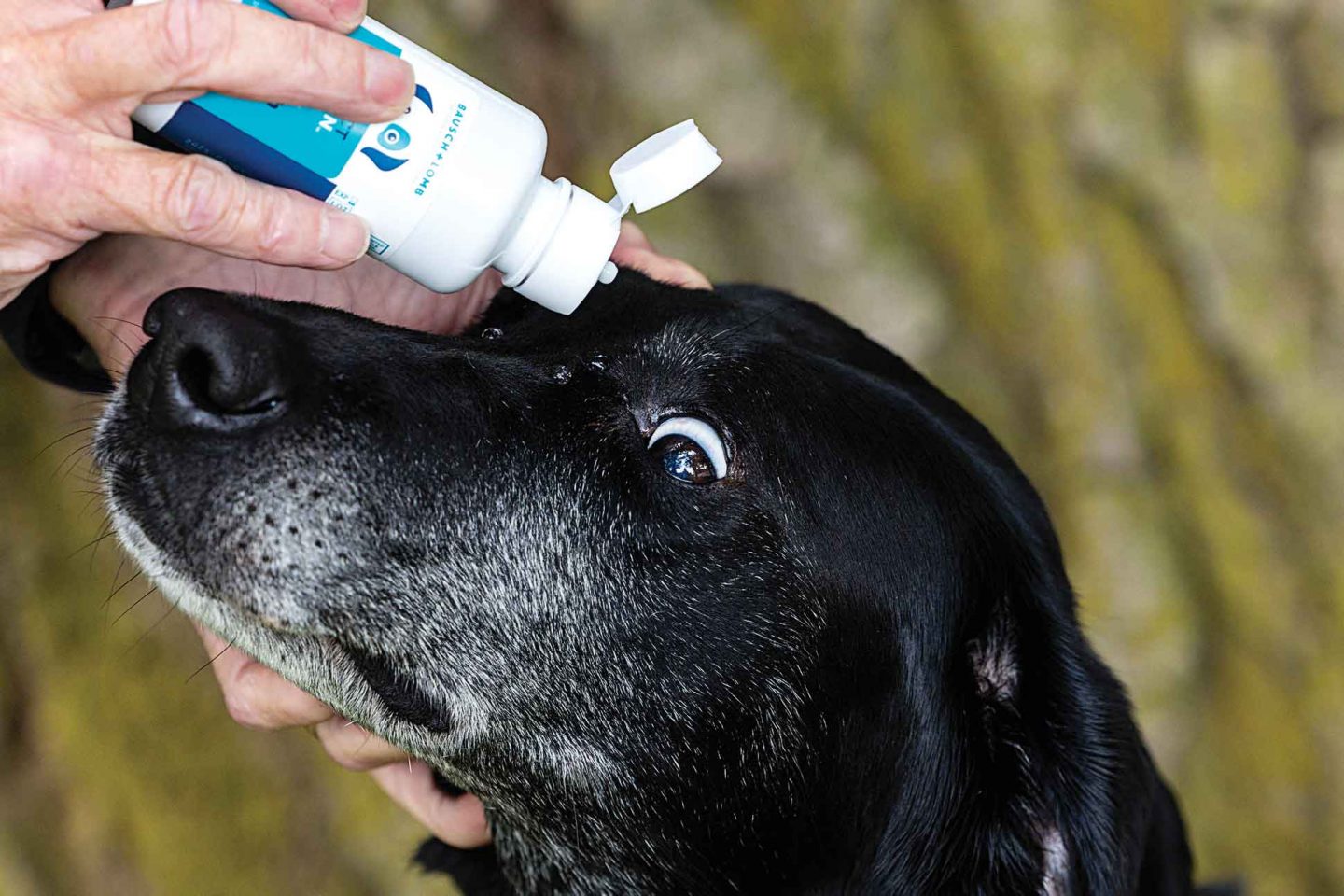
By Todd Mills
After a recent waterfowl hunt, I found a puncture wound on my dog’s paw. I noticed she was limping a little, but I didn’t take the time to inspect. The next day, her foot swelled and was infected. Not only was it a costly vet bill, but she wasn’t able to hunt for almost a month.
“Some of the most common injuries I see in hunting dogs are lacerations, cuts and puncture wounds,” said veterinarian Donna Mertz, who has been a source of great comfort for me and my hunting dogs through the years.
Here are a few tips to help keep your hunting partner healthy and safe.
Post Hunt Inspection
After spending time in the field or blind, thoroughly inspect your dog. Check their eyes and feet, as seeds, dust and abrasion from grass can cause serious damage. Carry saline solution and make sure to rinse out their eyes after every hunt.
Inspect their feet and underbelly for any cuts or puncture wounds. Clean any cuts you observe with clean water and remove dirt and debris, and if needed, cover the wound with a sterile dressing.
First Aid Kit
Have a kit handy at all times, and in multiple places if possible — one in your vehicle and a lighter kit for carrying into the field. A few other items that can help in emergency situations include super glue for cuts, duct tape, Vetbond tissue adhesive, sterile saline eyewash and wound spray.
Carry an emergency card with the dog’s pertinent information, including your name and address, and do research on the closest veterinary office if you’re going out of town. Do not give your dog Tylenol or ibuprofen or use hydrogen peroxide on wounds.
When in doubt, get it checked out.
Extreme Temperatures
In 2003, a heat wave hit South Dakota during the opening weekend of pheasant season. With temperatures into the mid- to upper 90s, it was estimated over 100 dogs died due to heat-related causes. Although this was a rare circumstance, heat can be fatal to your dog if you don
precautions.
Each one of my hunting dogs has handled heat differently, so recognizing the signs early and knowing your dog’s tolerance is critical. Excessive panting, dry pale gums, restlessness and difficulty walking are all signs your dog is overheating. Immediately take them to a cooler area, and lower their body temperature by getting them in cool water.
During and after every hunt, pay attention for signs of injury or distress in your dog. Don’t let a bad situation get worse. Not only will this minimize the possibility of a large vet bill, it will also ensure your hunting partner will be around for many years to come.
